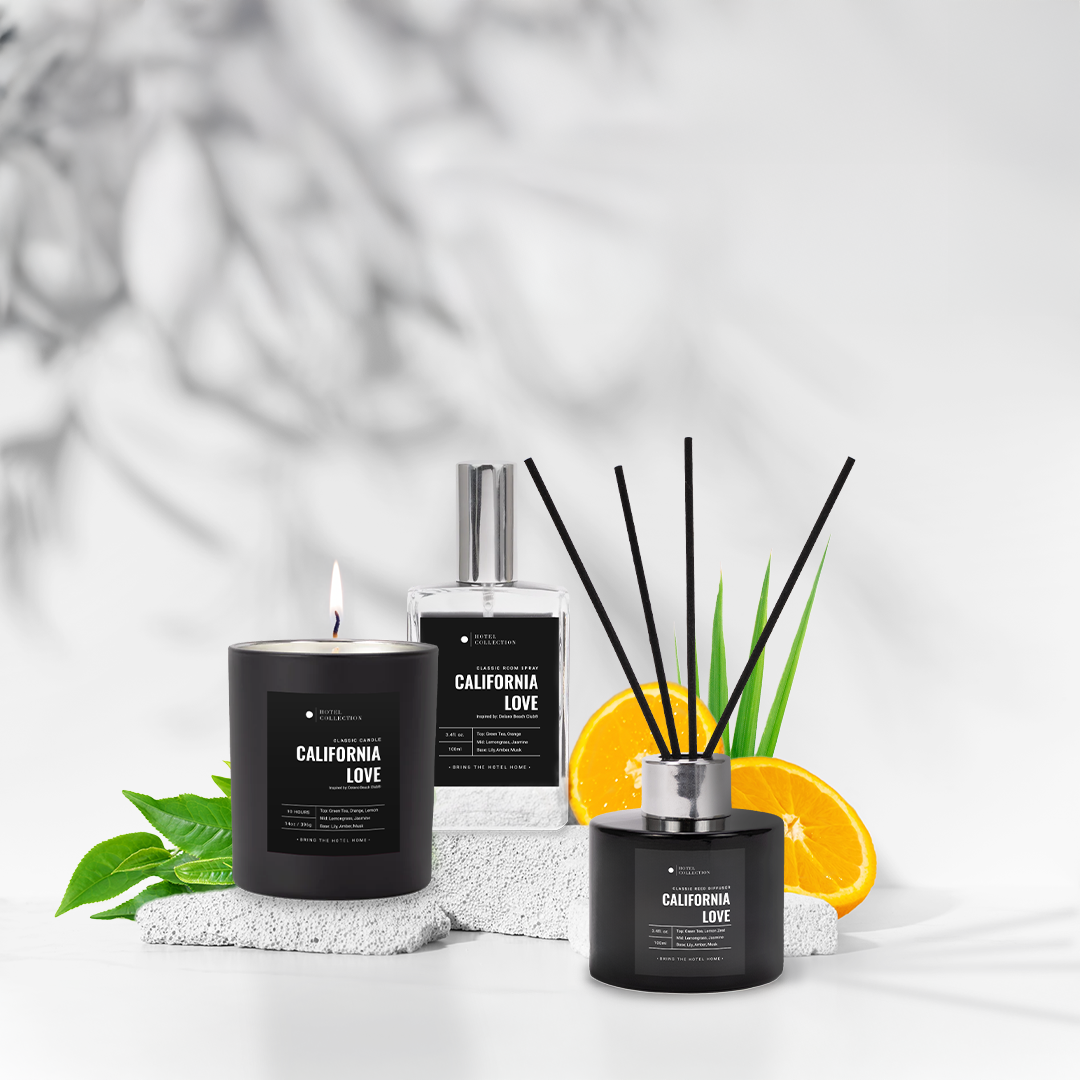
Julia Fox
By Ron Adar // Shutterstock
When Kim Kardashian and Ye — then still known as Kanye West — announced their divorce, I did not bat an eye. Rumors had been flying for a while and — after a couple of suspicious Halloween costumes and Ye’s increasing Kim-targeted rants — divorce seemed inevitable.
I pretty much forgot about the announcement then, and I thought the divorce would be just as insignificant to me as your garden-variety celebrity split. Boy, was I wrong.
I don’t know what I expected given that Ye — the man notorious for interrupting Taylor Swift’s VMA speech because he believed she didn’t deserve to win — is not the most graceful loser. But his divorce is one confusing, messy spectacle we’re all forced to bear witness to, despite our attempts to ignore it. We have much more important things to focus on like Rihanna’s pregnancy or the latest Zoe Kravitz movie — now I spend my days saying “uncuh gyams“ on repeat (IYKYK).
Frankly, their past few months have been a brazen press tour rather than a divorce. Each news story features a complex web of egoism, sexism, and even racism — from Kim’s problematic SNL monologue and that Blackfishing Vogue cover to Kanye’s manipulative Instagram posts. We refuse to mention the Super Bowl Instagram posts.
As the former power couple have battled it out in the public eye, their replacement relationships — or on Ye’s part, his faulty parachute relationship — have caught the public’s attention. Kim’s with the people’s favorite stand-up comic and serial monogamist, Pete Davidson; and Ye’s now-defunct tryst with actress Julia Fox has busted up completely.
Both new partners have been plagued by intense media scrutiny, but public perception of them is quite different. Why? Sexism.
Pete Davidson is well known for dating some of the most desirable women in Hollywood. While many wonder what exactly draws them to him — sometimes cruelly judging his appearance — he’s mainly applauded for dating Kim. While the innate sexism of treating Kim like a prize to be won is its own issue, this is wildly divergent from how Julia Fox has been treated.
In a recent episode of Forbidden Fruits — Fox’s podcast with co-host Niki Takesh — Fox discussed her relationship with Ye and the press’s narratives surrounding it. Fox is unphased by the omnipresent negativity, saying: “People are like ‘Oh, you’re only in it for the fame, you’re in it for the clout, you’re in it for the money.’ Honey, I’ve dated billionaires my entire adult life, let’s keep it real.”
Fox doesn’t find these media accusations surprising, and neither should we. The notion that she’s self-interested, ill-intentioned, and clout-chasing comes from the ingrained idea that women who want more are bad.
Too often, women are systematically discouraged from seeking success and penalized when they do — especially if they’re brazenly shameless about it. According to money expert, Stefanie O’Connell-Rodriguez, women are punished for seeking advancements or — heaven forbid — positions of power.
O’Connell-Rodriguez refers to this as the ambition penalty, saying: “The problem with this messaging is it implies that a woman’s primary obstacle to economic power is herself, and that inequities in pay and wealth result from our own behavior. There’s no acknowledgment of how women are often penalized for pursuing their ambitions.”
To combat the ambition penalty, it’s important for society to see prominent examples of women acting ambitiously, and getting rewarded for it. Changing the culture isn’t merely about telling women to take “just” out of their emails and apologize less. It’s about demanding equitable representation and tearing down prevailing structures of oppression.
When it comes to personal finances, women are increasingly challenging notions that they’re hopeless with money and they shouldn’t have control over it anyway. The Confessions of a Shopaholic spiraling? The Carrie Bradshaw cluelessness? These tropes are long out of fashion.
Instead, it’s increasingly common to see women in pop culture claiming their financial independence. Instead of “can you pay my bills” — sorry Destiny’s Child — female artists are declaring their ability to pay their own bills and demanding respect for their financial achievements.
Despite the slowly shifting ties, cultural phenomena such as this drawn-out divorce remind us of how far there is left to go.
While Julia is branded an opportunist, Pete is considered a hero. And it’s not just Julia under the microscope. Kim has been equally accused of being with Pete for PR reasons and engineering the relationship for her own gain.
In both cases, the women are viewed as greedy and shamed about how their relationships might be in their self-interest.
Fox won’t let those accusations merely bounce off her — she’s embracing them. If she can have fun dating Ye while advancing her career, why not? “Why not see me for what I am which is a #1 hustler,” she told The Cut. After announcing their split on Valentine’s Day, Fox is only just beginning to demonstrate her own vision, rather than being subject to the press — or Ye.
Despite Ye’s public parade of Kim look-alikes and his manipulative attempts to coerce her back into his life, no one questions his motives. And despite serious doubts about the legitimacy of Pete’s alliance with Kim, accusatory fingers are never pointed in his direction.
The ambition gap paints women with one brush, blinding us to the nuance in their actions. While both relationships increase the couples’ fame, the women are the ones called out for it. So what if there is a PR element to these curious couplings? Celebrity relationships have never been the exemplars of purity and virtue. This, we expect. But we shouldn’t have to expect sexism too.
In a perfect world, I’d simply discount the goings-on of KimYe, JulYe, and whatever we’re calling Kim and Pete. But the blatant sexism and problematic narratives surrounding these pairings is a glaring reminder of society’s larger issues.














